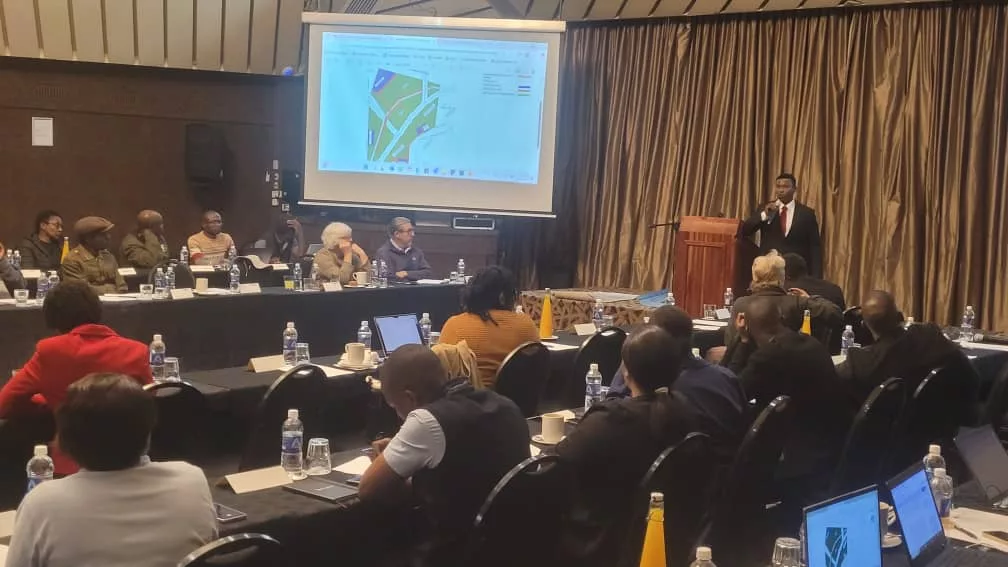By Charles Dhew
Beyond transporting commodities from production zones to markets, transporters have a much more important knowledge brokering role in African food systems. Transporters are unique informants who get information from diverse actors and sources such as farmers, traders, other transporters, fuel dealers, equipment manufacturers and others.
They also convey information from the market to farmers better than traders who may want to hide some of the market intelligence from farmers. More importantly, they are often willing to move commodities without cash and be paid after commodities have been sold. This is critical in limiting the use and demand for cash while keeping the marketing system flowing efficiently.
A case for the lead transporter
While on the production side there is a lead farmer, there is often no equivalent recognition of a lead transporter on the market side or along the supply chain. Ideally, there should be a lead transporter with rich experiences and knowledge from dealing with farmers, peers, and consumers. Circumstances under which farmers fail to pay for transport services can only be more understood by the transporter. Farmers often inform the transporter about cases where they are mistreated by different kinds of traders. All this information increases the transporter’s understanding of the food supply chain.
How transporters influence production
Transporters tend to have more exposure to different production zones and terrains in areas where they are hired to collect commodities. That enables them to follow production cycles intimately, making them well versed in how different actors respond to production cycles. The cost component of the transporter builds between the farmer and trader. Farmers can decide to transport commodities to the market before talking to the trader but negotiations between farmers and traders can be handled by the transporter. If not negotiated properly cost components have a bearing on relationships between farmers and the market.
While some farmers can specialize in tomatoes and some traders specialize in butternuts, the transporter is an all-rounder which means s/he can acquire knowledge about diverse commodities which s/he carries from farming communities to markets. The transporter hears all the pain points from different actors including farmers, traders and consumers. However, to be professional knowledge brokers, transporters need mini-knowledge cafes through which they can be vetted based on their experience in transporting different commodities as well as their knowledge of farmers and farming areas.
After spending years in agribusiness, most transporters increase their customer base to include formal and informal markets, in the process broadening and deepening their knowledge. Through their distribution roles, transporters know destinations of different commodities and are very important actors in African food supply chains. It is often difficult for rural areas to process agricultural commodities unless they have distributors who know where the end product will go. Some of the independent distributors have technical and export know-how. Where the majority of farmers lack a direct link to distant markets, transporters can reach those markets and acquire vital knowledge of how they function. Like middlemen and traders, transporters are so fundamental that it may not be surprising that removing them from the supply chain may be tantamount to taking away more than 50% of the market’s role and knowledge.






